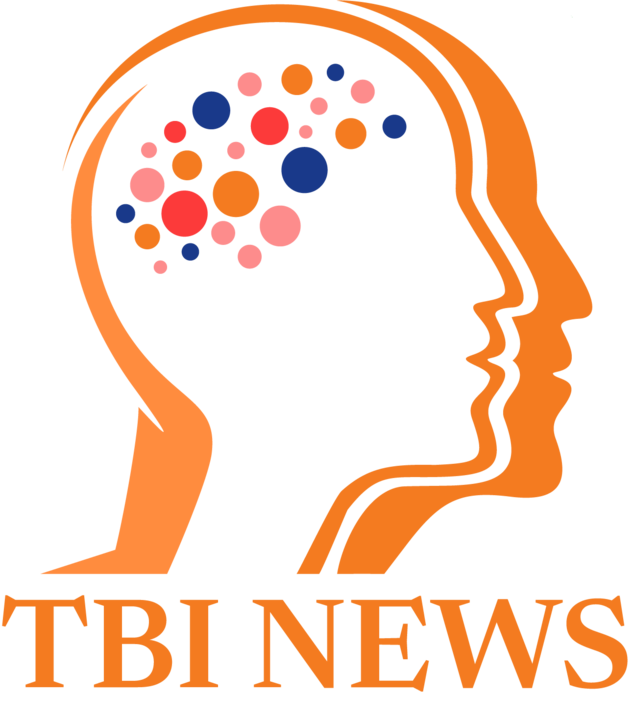
Cognitive Challenges after a Traumatic Brain Injury (TBI)
Traumatic brain injury (TBI) occurs when an external force disrupts normal brain function. Beyond the physical symptoms, TBI frequently results in cognitive difficulties that affect independence, daily functioning, and quality of life. These challenges can be confusing for both patients and their families, but understanding them is the first step toward recovery.
After a Traumatic Brain Injury (TBI), the most common cognitive impairments include:
1. Attention and Concentration
It may be harder to stay focused, switch between tasks, or block out distractions. For example, a busy or noisy environment can feel overwhelming, making it difficult to follow a conversation or complete simple chores.
2. Memory Problems
Memory is often affected. Some people struggle with short-term memory, such as remembering new names or instructions. Others may have working memory issues, like holding a phone number long enough to dial it. There may also be difficulty retrieving older memories, which can make conversations or routines frustrating.
3. Executive Functioning
The brain’s “management system” may not work as well. This can cause trouble with planning, problem-solving, or staying organized. Some patients act impulsively or find it harder to adjust when plans change.
4. Slowed Thinking
Processing information can take longer, even though intelligence is unchanged. This may make decision-making or following fast conversations stressful.
5. Communication
Speech may be clear, but some people struggle with conversation. They may lose track of what others say, misread tone or body language, or talk in a disorganized way, leading to misunderstandings or social withdrawal.
Cognitive challenges after TBI can transform family dynamics. A loved one may seem like a “different person,” showing changes in memory, personality, or independence. Everyday responsibilities such as managing money or organizing meals may require outside support. Recognizing that these changes are due to injury—not intentional behaviour—helps families respond with patience and compassion.
Cognitive rehabilitation is a key part of recovery. It uses therapies to help people regain lost skills when possible, and to teach new ways to manage areas where difficulties remain. As Dr. Mea Sung, a neuro-recovery specialist, explains: “Recovery may not be complete for everyone. However, with active cognitive rehabilitation, some symptoms can improve over time.”
Learn more about cognitive challenges and
rehabilitation strategies after a TBI with Dr. Mea Sung.
Cognitive rehabilitation can be classified into:
1. Restorative Training
Restorative therapy targets specific cognitive skills, such as attention or memory. Computerized training programs are often used to strengthen these functions.
2. Adaptive Strategies
Adaptive strategies teach patients practical ways to cope with difficulties. For example, setting reminders on devices, using planners, or writing down routine tasks such as taking medications.
3. Environmental Modifications
Simplifying surroundings—reducing clutter, labelling items, and limiting distractions—makes daily tasks easier to manage.
4. Psychological Support
Many patients experience depression or anxiety linked to cognitive deficits. Psychotherapy, counselling, and peer support groups can provide valuable coping tools.
5. Family Education and Training
Families benefit from learning about TBI, communication strategies, and stress management techniques. This empowers them to provide better support and improves long-term outcomes.
For the best guidance on the recovery, talk to your doctor about cognitive rehabilitation and long-term support strategies.
Recovery varies widely. Some patients regain significant cognitive function within months, while others face long-term challenges. The brain’s capacity for neuroplasticity—its ability to reorganize and form new neural connections—offers hope for improvement, especially with ongoing rehabilitation. Progress is often gradual, requiring patience, persistence, and professional support.
Follow us on social media!

Who we are
Moleac is a biopharmaceutical company committed to helping patients and their families reconnect with their lives.
Contact: [email protected]
This document does not constitute the practice of medical consultation nor medical advice. Always seek the advice of your treating physician and/or specialist.
All Rights Reserved by Moleac Pte Ltd, Helios #09-08, 11 Biopolis Way, Singapore 138667
